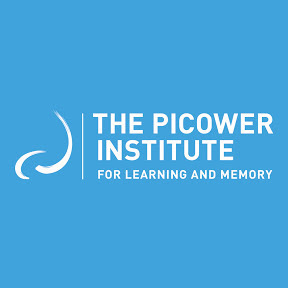
Colloquium on the Brain and Cognition with Thomas Clandinin, PhD, "What are the neural correlates of future voluntary actions?"
Description
Colloquium on the Brain and Cognition with Thomas Clandinin, PhD, Stanford University
- Date: Thursday, April 25, 2024
- Time: 4:00pm
- Location: Singleton Auditorium (46-3002)
- Zoom: https://mit.zoom.us/j/96554203662
-----
What are the neural correlates of future voluntary actions?
The ability to act voluntarily is fundamental to animal behavior. For example, self-directed movements are critical to exploration, particularly in the absence of external sensory signals that could shape a trajectory. However, how neural networks might plan future changes in direction in the absence of salient sensory cues is unknown. Here we use volumetric two-photon imaging to map neural activity associated with walking across the entire brain of the fruit fly Drosophila, register these signals across animals with micron precision, and generate a large dataset of neural measurements across thousands of bouts of voluntary movements. We define spatially clustered neural signals selectively associated with changes in forward and angular velocity, and reveal that turning is associated with widespread asymmetric activity between brain hemispheres. Strikingly, this asymmetry in interhemispheric dynamics emerges more than 10 seconds before a turn within a specific brain region associated with motor control. This early, local difference in neural activity predicts the direction of future turns on a trial-by-trial basis, suggesting long-term motor planning. As the direction of each turn is neither trained, nor guided by external sensory cues, it must be internally determined. We therefore propose that this pre-motor center contains a neural substrate of volitional action.
Thomas R. Clandinin, Ph.D., is the Shooter Family Professor in the Department of Neurobiology at Stanford University. The Clandinin lab pioneered the use of genetic approaches to dissecting visual circuit function in fruit flies, merging approaches from systems neuroscience with genetics, imaging and quantitative behavioral analysis. This work has revealed remarkable algorithmic parallels between motion processing pathways in insects and humans. Ongoing work in the lab explores how sensory inputs guide motor outputs, and how metabolic processes are linked to neural computation. Dr. Clandinin is a fellow of the American Academy of Arts and Sciences, a member of the Chan-Zuckerberg Biohub, and has received an NIH Director’s Pioneer Award, a career development award from the Burroughs Wellcome Fund, a Searle Scholar Award, a Sloan Research Fellowship, and a Scholar Award from the McKnight Foundation.

